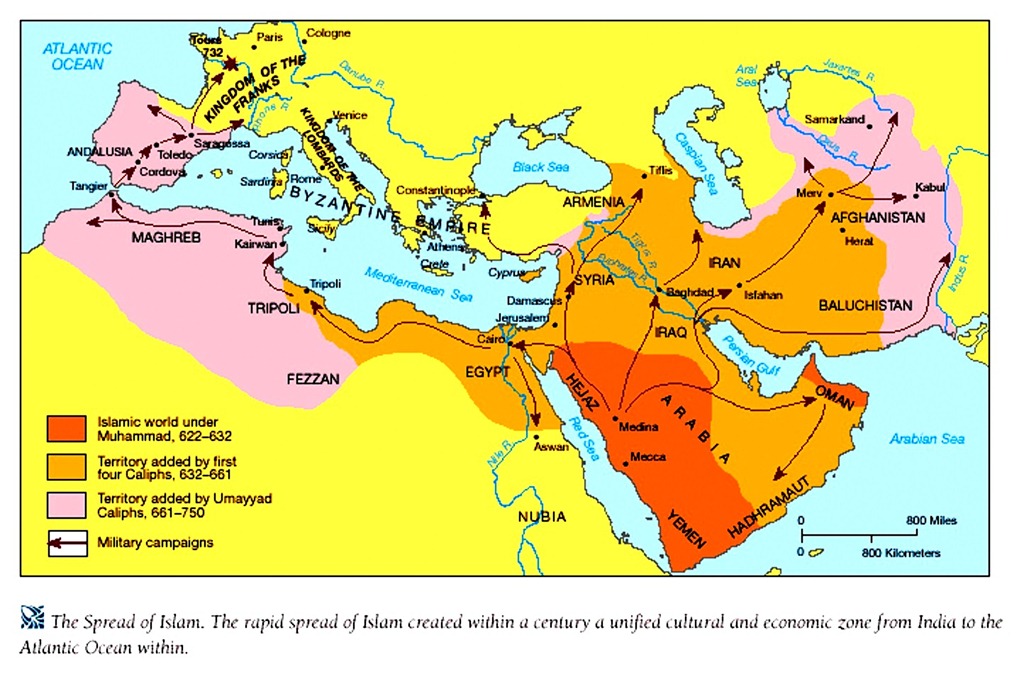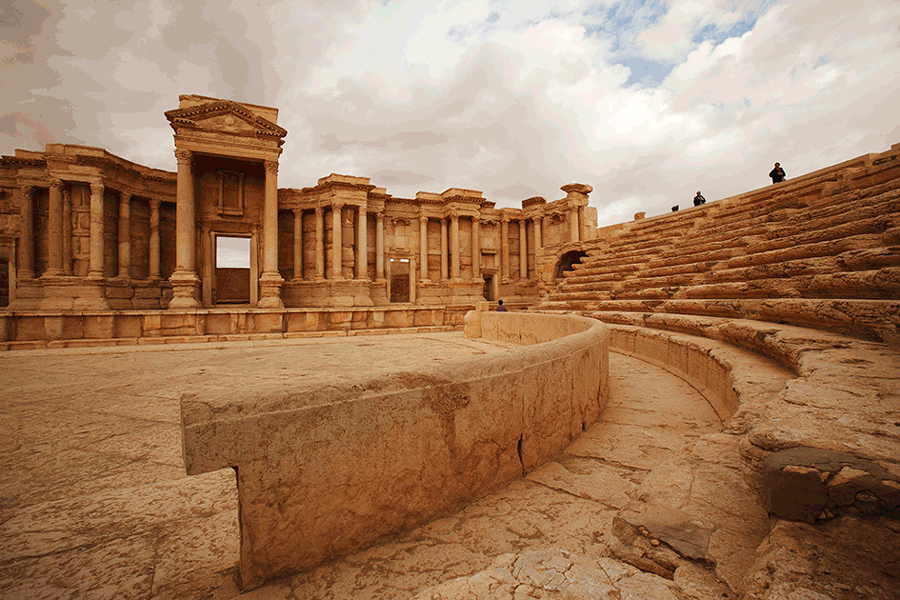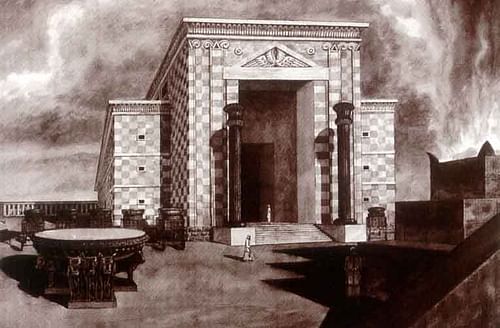History
Spring 2
This term, the children have been learning all about Early Islamic Civilsation.
The children will be looking at the Islamic civilisation from CE 900 and work in groups to compare it to Western Europe using ancient and modern maps. They will do plenty of research the life of Prophet Muhammad ( PBUH), look at key events and explore reasons for the spread of Islam.
The Spread of Islam.

The children had a visit from Ultra Drama, who talk about early Islam and how it was spread. They wwere given scene from the era and acted out and talk about how hard life was with having little or nothing to survive.
![IMG_0361[1].JPG](/uploads/378/images/IMG_0361[1].JPG)
![IMG_0359[1].JPG](/uploads/378/images/IMG_0359[1].JPG)
![IMG_0357[1].JPG](/uploads/378/images/IMG_0357[1].JPG)
![IMG_0355[1].JPG](/uploads/378/images/IMG_0355[1].JPG)
Just how amazing was everyday day life like for the rich in Islamic cities such as Baghdad and Cordoba?
Baghdad with its dazzling culture and its advanced ideas about science and medicine - thought to be the perfect city, but it was not the only Islamic city to impress visitors with is brilliance. There was also Cordoba in Spain.
This is the Corboda Mosque.

What do you think is special?
- It had over 1200 columns
- It could hold over 10,000 people
Corboda.
-
Was bigger than Cairo in Egypt
- Richer than Rome.
- Over 80,000 shops.
- half a million inhabitants, living in 113,000 houses, (when London had just 10,000)
- 700 mosques and 300 public baths spread throughout the city and its twenty-one suburbs
- streets which were paved and even lit...
- had many bookshops and more than seventy libraries.
The streets of Corboda were:
- papermakers,
- glass makers,
- silkworm breeders,
- craftsmen working with wood, ivory, jade and leather and
- farmers bringing oranges, grapefruit, grapes and figs to market.
Leisure time for the rich.
Leisure time might also be spent listening to poets and story-tellers reciting their work. Lavish banquets gave rulers and courtiers an important opportunity to relax from the pressures of life. They played chess, watched snake charmers and visited barbers and masseurs.
The day to day life of a Muslim ruler was based around the court. Rulers spent much of their time receiving visitors and listening to their requests. Important meetings were held with those who helped run the government. Guests were often entertained with music. People sat on cushions on a rug on the floor, while listening to tales of Arabian Nights.
Summer2
The Ancient Greeks

This week, the children are learning about the Grreks. The first Greeks, often called Mynians, were Indo-Europeans who probably migrated from regions just south of what is now Russia towards the end of the 4th millennium.
The first civilizations appeared in the Cyclades and then in Crete.
The 16th century BC saw the emergence of the Mycenaean civilization, named after the strongest state during this period: Mycenae.
During the 7th and 6th centuries BC, some Greek cities began to establish colonies and trading posts along the Mediterranean coastline, because they lacked sufficient arable land to feed their inhabitants and were keen to control maritime trade routes.
The principal areas were:
- Southern Italy and Sicily;
- The straits and coast of the Black Sea;
- The far western Mediterranean coast: Provence, Iberian peninsula, Corsica;
- And a few places on the African coast.
The children were shown artefacts and asked them in their opinins what they could be, what are they made from and what were they used for.
![IMG_E5331[1].JPG](/uploads/378/images/IMG_E5331[1].JPG)
![IMG_5338[1].JPG](/uploads/378/images/IMG_5338[1].JPG)
![IMG_5334[1].JPG](/uploads/378/images/IMG_5334[1].JPG)
![IMG_E5388[1].JPG](/uploads/378/images/IMG_E5388[1].JPG)
How much impact did the Greeks have on the Western World?


How influential were Greek achievements?
Roman historian Justinus said this in the 3rd century about the Greeks who settled in Marseilles in the south of France:
‘From the people of Marseilles (Greek colonists), therefore, the Gauls learned a more civilized way of life, their former barbarity being laid aside or softened; and by them they were taught to cultivate their lands and to enclose their towns with walls. Then too, they grew accustomed to live according to laws, and not by violence; then they learned to prune the vine and plant the olive; and such a radiance was shed over both men and things, that it was not Greece which seemed to have immigrated into Gaul, but Gaul that seemed to have been transplanted into Greece.’
Who influenced the Greeks?
- They were classed as the first ‘sea-faring’ people due to their expert knowledge of navigation and trading – they discovered the North Star which the Greeks called the Phoenician Star
- They played fine music, which became an important part of Greek life
- They developed lime mortar for building, which the Greeks advanced to cement, which the Romans advanced to concrete.

- The Egyptians set up a Greet trading post at Naucratis in Egypt so that the Greeks could move freely between Greece and Egypt in the space of a weekend. The Greeks started travelling there and even started settling and colonising there, seeing Egyptian buildings and ways of life!
- Lots of Greeks, including the first historian Herodotus, thought that Greek religion actually came from the gods and goddesses of Ancient Egypt!

 Reedley Primary School
Reedley Primary School![IMG_0360[1].JPG](/uploads/378/images/IMG_0360[1].JPG)
![IMG_0358[1].JPG](/uploads/378/images/IMG_0358[1].JPG)
![IMG_0356[1].JPG](/uploads/378/images/IMG_0356[1].JPG)
![IMG_0354[1].JPG](/uploads/378/images/IMG_0354[1].JPG)
![IMG_E5329[1].JPG](/uploads/378/images/IMG_E5329[1].JPG)
![IMG_5328[1].JPG](/uploads/378/images/IMG_5328[1].JPG)
![IMG_5327[1].JPG](/uploads/378/images/IMG_5327[1].JPG)
![IMG_E5389[1].JPG](/uploads/378/images/IMG_E5389[1].JPG)